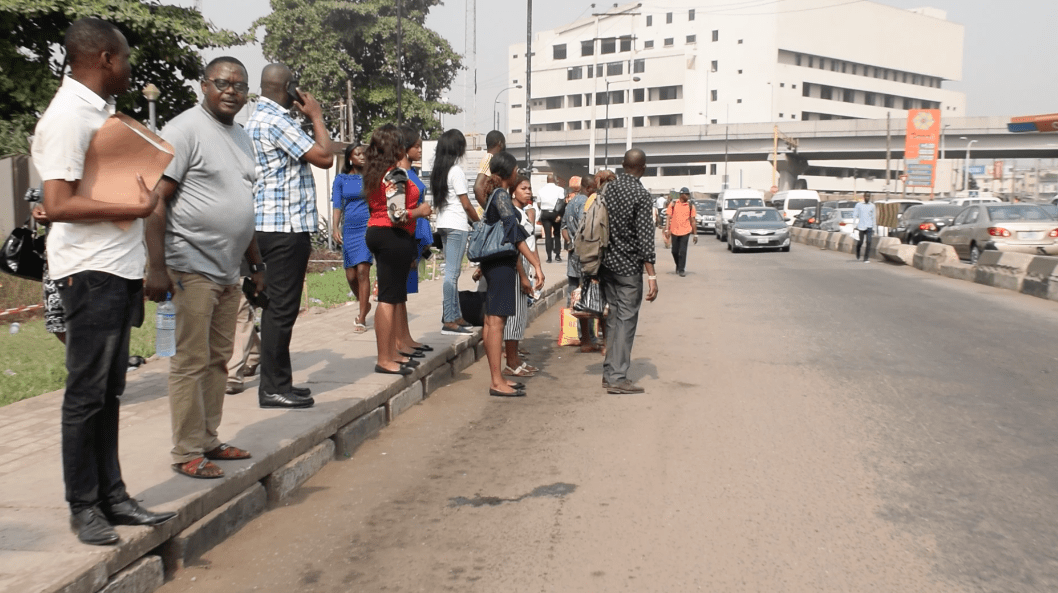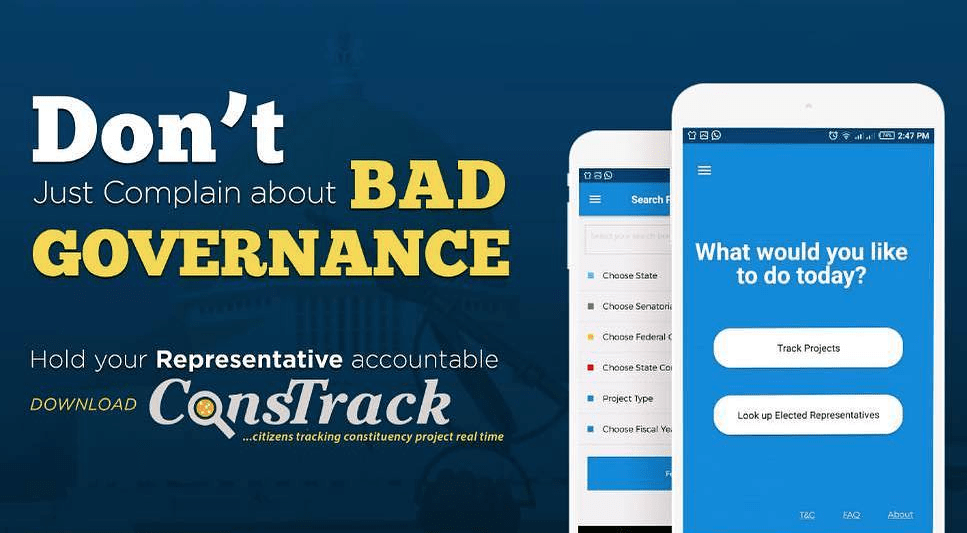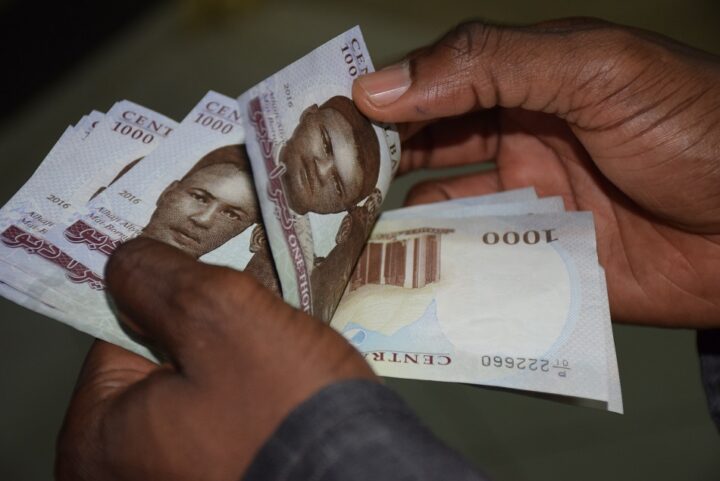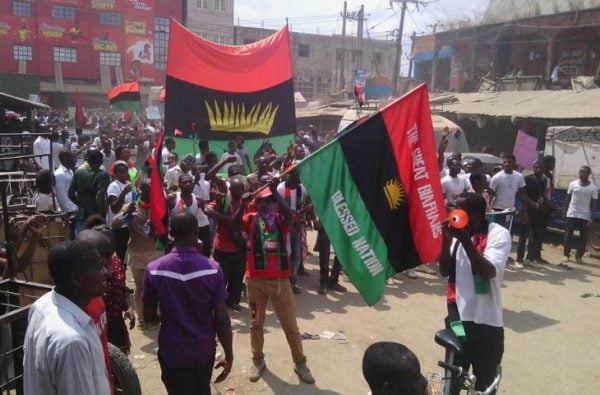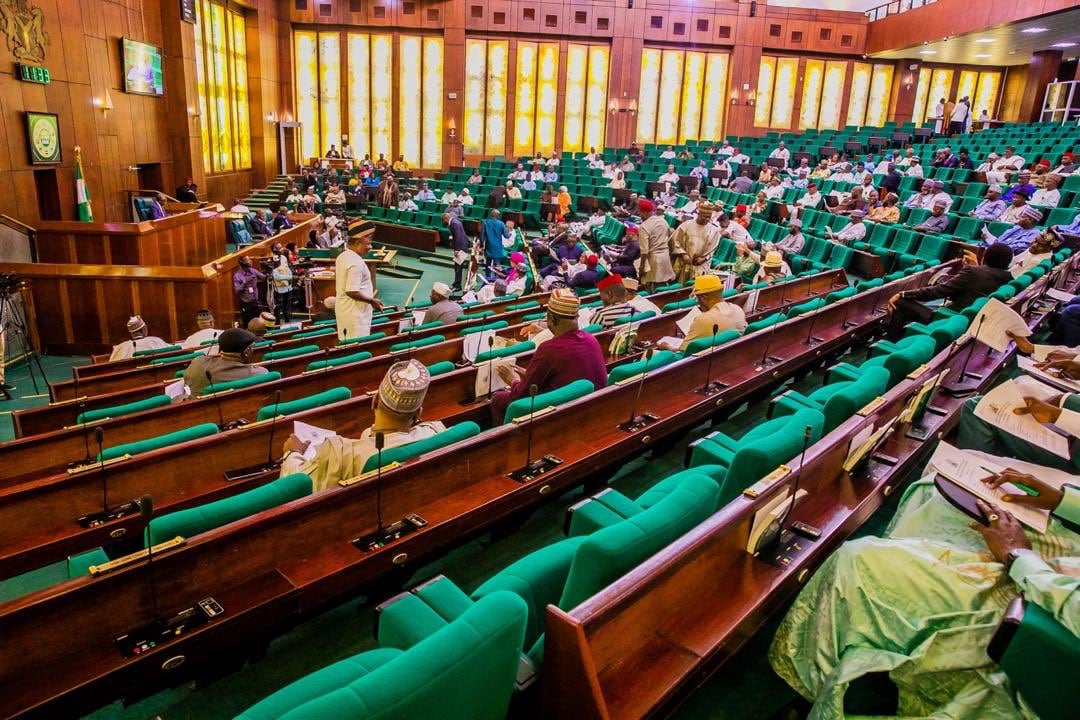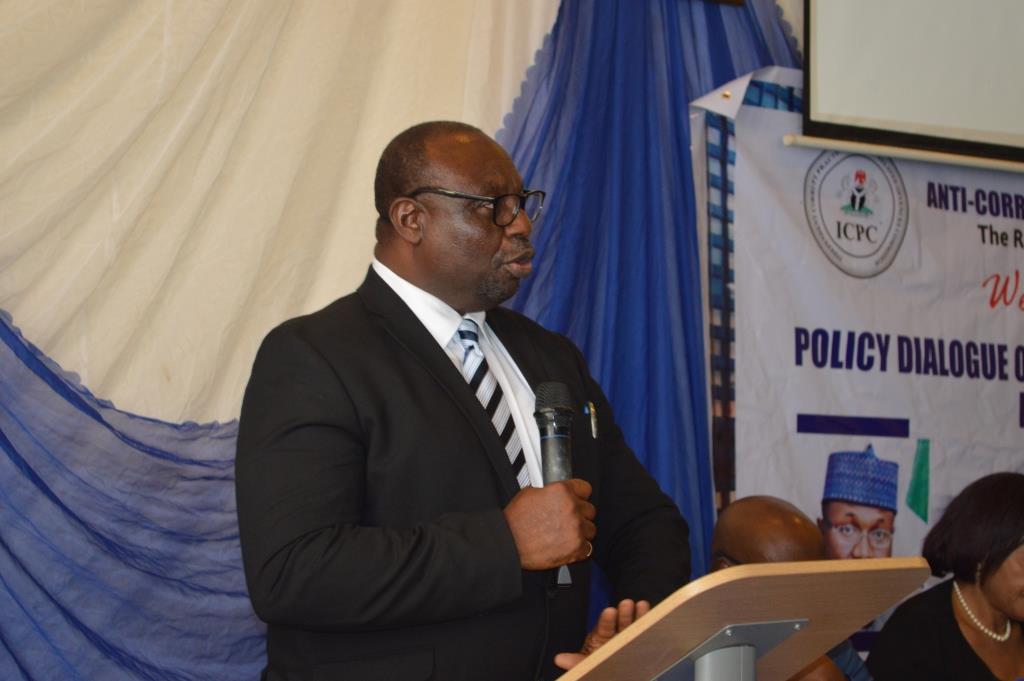I am not one the biggest fans of the motorcycle as a means of transportation. I wasn’t always an antagonist; it all started in 2010. My friend was on a bike that collided with a danfo in the Ikorodu area of Lagos. It wouldn’t have been too bad if that was where it ended, but after she tumbled off the bike, an onrushing bus overran her right hip. She was a guest of the National Orthopaedic Hospital, Igbobi, for several months. Ten years on, her life hasn’t been the same. That leg still isn’t the same. Before that experience I was a frequent user of the motorcycle, but in the 10 years that followed I haven’t ridden it up to 10 times. Still, I do not support this wholesale ban on motorcycle and tricycle operations.
We’ll come back to why later. But first, it must be established that the government has valid concerns about “the menace” of bicycles and tricycles. The Lagos State government says the proscription was prompted by “scary figures” of fatal accidents recorded from operations of okada and Keke NAPEP between 2016 and 2019”. We’re talking over 10,000 accidents recorded at the general hospitals alone, 600 of which have claimed the lives of their victims. The government is also worried by the use of motorcycle and tricycle as getaway means by criminals. I think we can all agree that these two reasons are legitimate, but do the people deserve this kind punishment?
The ban has abruptly eviscerated the means of livelihood of tens of thousands of Lagosians, mainly the already-poor or semi-poor. There are families just getting by before that will now truly struggle to eat three meals daily. With the crowds at bus stops and terminuses these days, Nigerians are technically fighting a bloodshed-less civil war to navigate the otherwise simple task of finding a bus to office. Those who aren’t strong enough for the challenge, or those who aren’t patient enough to wait endless minutes, end up enduring the arduous option of long treks to their office and back home (even at that, not one of them came close to winning the Access Bank Lagos City Marathon on Saturday!). On the bright side, though, the roads seem saner to drive on even if the perennially-heavy Lagos traffic has shown no sign of dissipating.
One very worrying thing about this ban is that it’s a knee-jerk reaction to repeated complaints about accidents and insecurity. It’s no different from the situation in October last year when Governor Babajide Sanwo-Olu declared a state of emergency on Lagos roads only after intense complaints on the social-media. Everyone knows Akinwunmi Ambode, the former Governor, stopped working more than a year earlier —from the season it became apparent Bola Tinubu was never going to be placated in his choice of the next governor. Before that sensational emergency declaration, Sanwo-Olu himself had been governor for five months; unless he’d been flying a chopper all over Lagos, there’s really no reason he ignored the numerous gridlock-causing potholes on Lagos roads, reacting only when the public censure became unbearable. His government has been largely reactive, notoriously uninventive. This okada ban is another example.
Advertisement
If the government genuinely wanted to reduce the injuries, deaths and robberies, there is an important question it should have asked, and answered: Why exactly are Lagosians attracted to motorcycles? Why, despite the deaths and robberies, do they keep flying bikes on highways? Unlocking this is the key to regulating the operations of motorcycles and tricycles.
The answer is traffic — the maddening Lagos traffic that makes multi-car owners abandon their intimidating machines at home and fly bikes to work instead. Solving the traffic conundrum is what Sanwo-Olu should be doing, not the self-confessed “wielding the big stick”.
First, clear the potholes on the roads. To Sanwo-Olu’s credit, there’s been an improvement since late last year. But so much more is yet to be done. There are still many traffic-catalysing portions on Ikorodu Road, for example, and it’s much worse inside, such as on the road leading to Asolo-Isawo from Agric Bus Stop. Keep the roads pothole-free and watch more people ditch bikes for cars and buses. This, it must be said, is the low-hanging fruit.
Advertisement
The permanent cure is the easing of Lagos’s notorious traffic situation via the diversification of transport. The more than 20 million inhabitants of the city are too many for its 999.6km2 land area. Road as the ultimate means of transport is the number one enabler of bikes; it won’t even support the “greater Lagos journey” Sanwo-Olu says we have embarked on. So a more thoughtful step would have been an ambitious rail project that connects the busiest routes in Lagos. An underground rail line preferably, just like is obtainable in many of the countries Sanwo-Olu and other Nigerian politicians frequent but seem to learn little from. London, the world’s third busiest city in the world, for instance, owes a great deal of its tolerable traffic to its underground train stations. Empty the Nigerian people into the streets of London and I can assure you bikes would naturally have no place. These things can work in Nigeria too, but politicians who’re more interested in stuffing their pockets and securing their political future will never have the bravery, moral presence or financial prudence to actualise them.
Potential investors in Lagos are surely having second thoughts after seeing the likes of O’Ride, Gokada and Max helplessly watch their investments go down the drain overnight by one abrupt policy announcement. No serious economy does this — to, in one breath, wipe off solid private investments when these companies have in fact introduced some sanity and respectability to a hitherto chaotic and raucous motorcycle operating system. Yet that’s not personally my biggest worry.
I’m very worried about the trekkers. No people deserve this agony on account of rash governance. This is a classic case of a government transferring its own burden of governance to the people. As long as we agree that democracy is a government for the people, this can’t be right. More importantly, the tens of thousands of now jobless bike riders will become trekkers too — either because they’re now too broke or they themselves have to join the long queues for buses. Whichever way it happens, watch out for these guys — because they will come back to snatch your cars. And when they do it, it will be with venom, with a terrifying self-justification of being forced into it by a Greater Lagos with no place for the poor and lowly. Those of you who seem unbothered by the ban because you’re cruising in your wound-up, air-conditioned cars, don’t dare think you’re safe.
Soyombo, former Editor of the TheCable, the International Centre for Investigative Reporting (ICIR) and SaharaReporters, tweets @fisayosoyombo.
Advertisement
Add a comment

